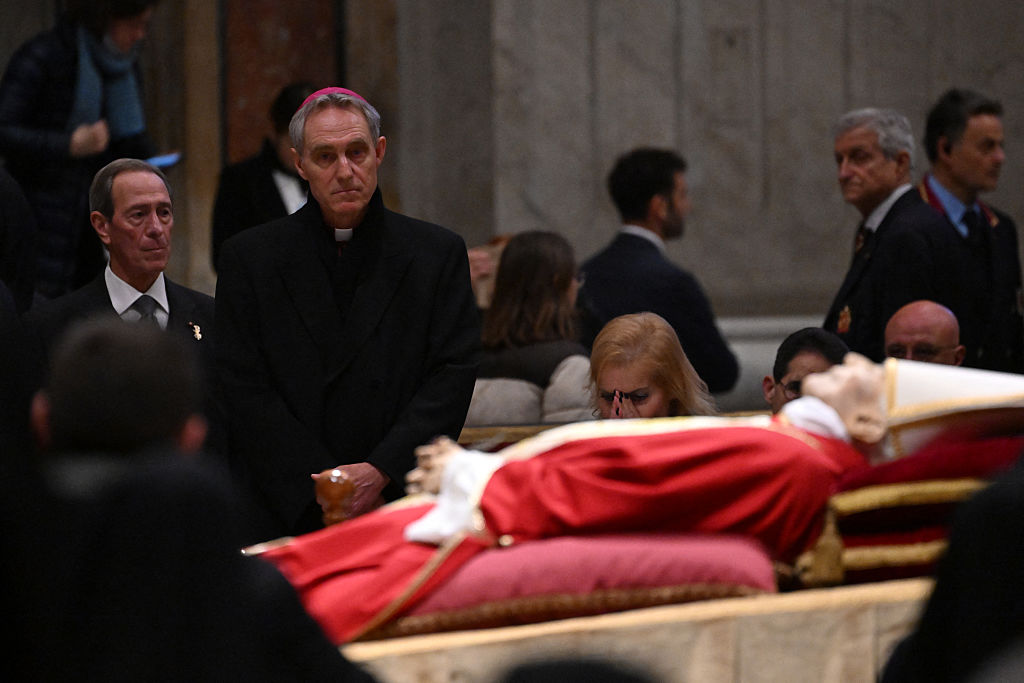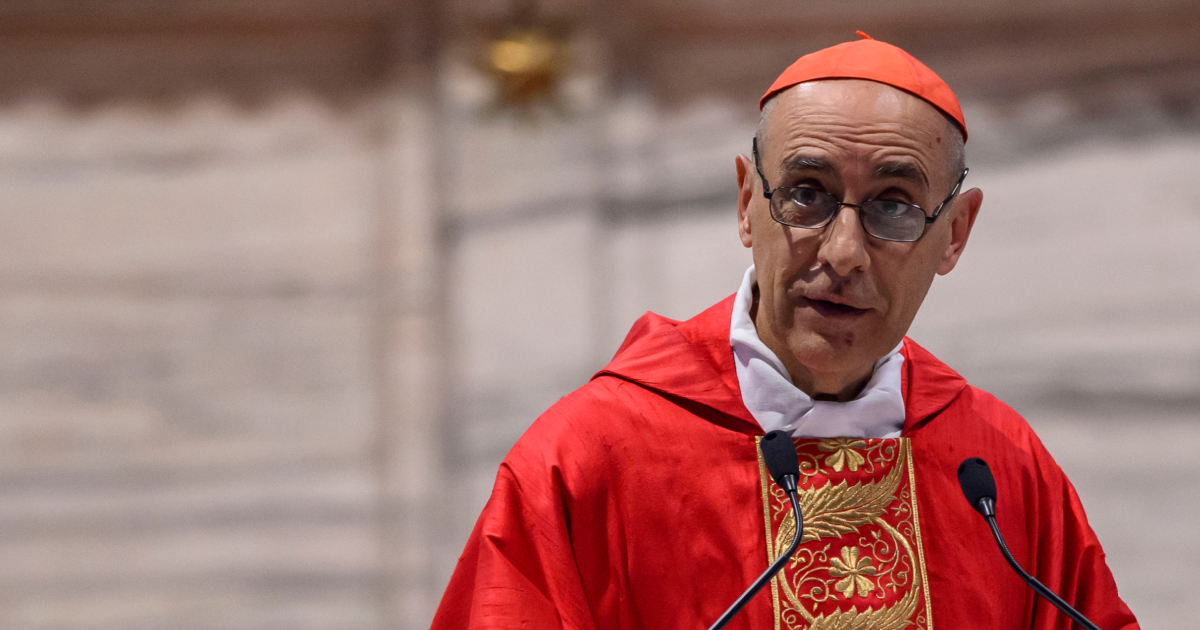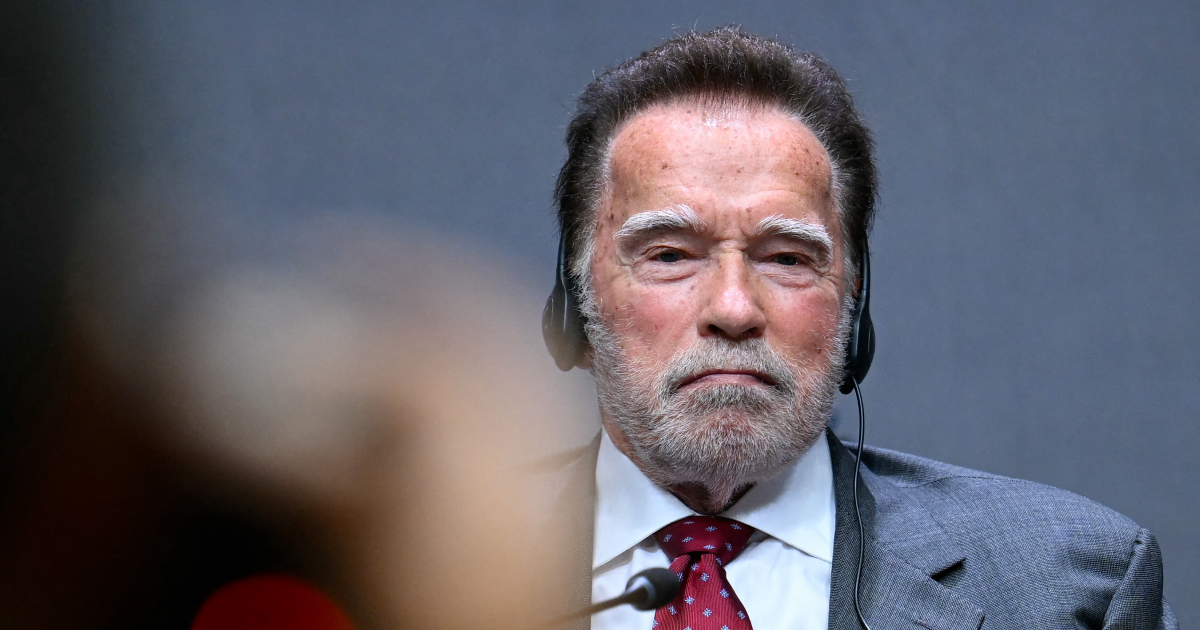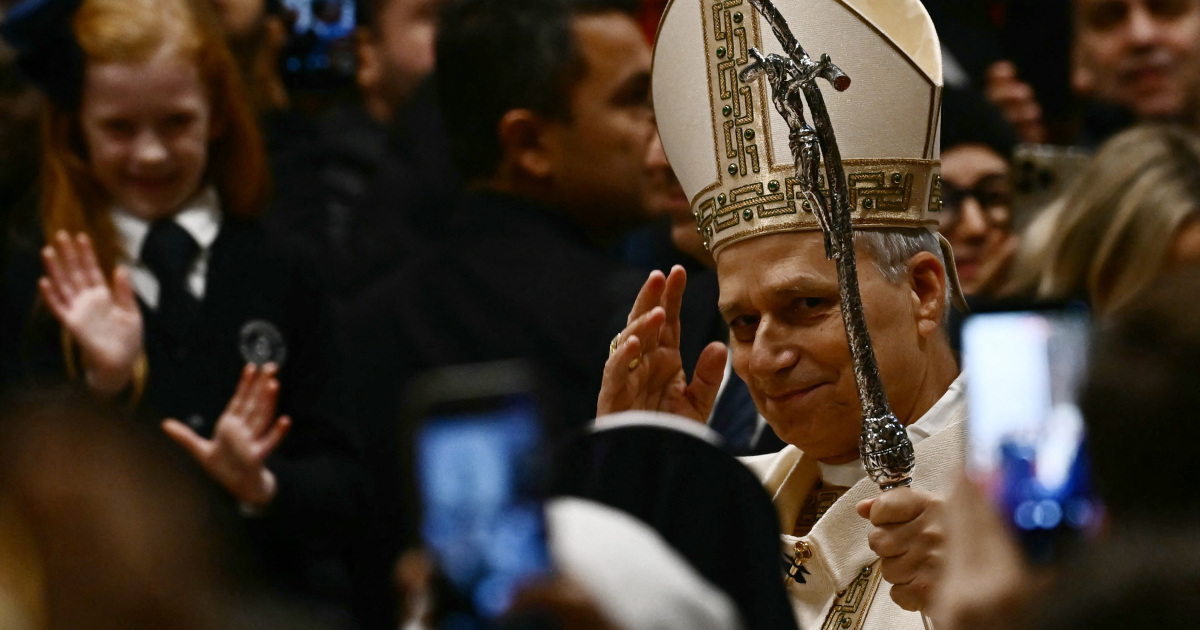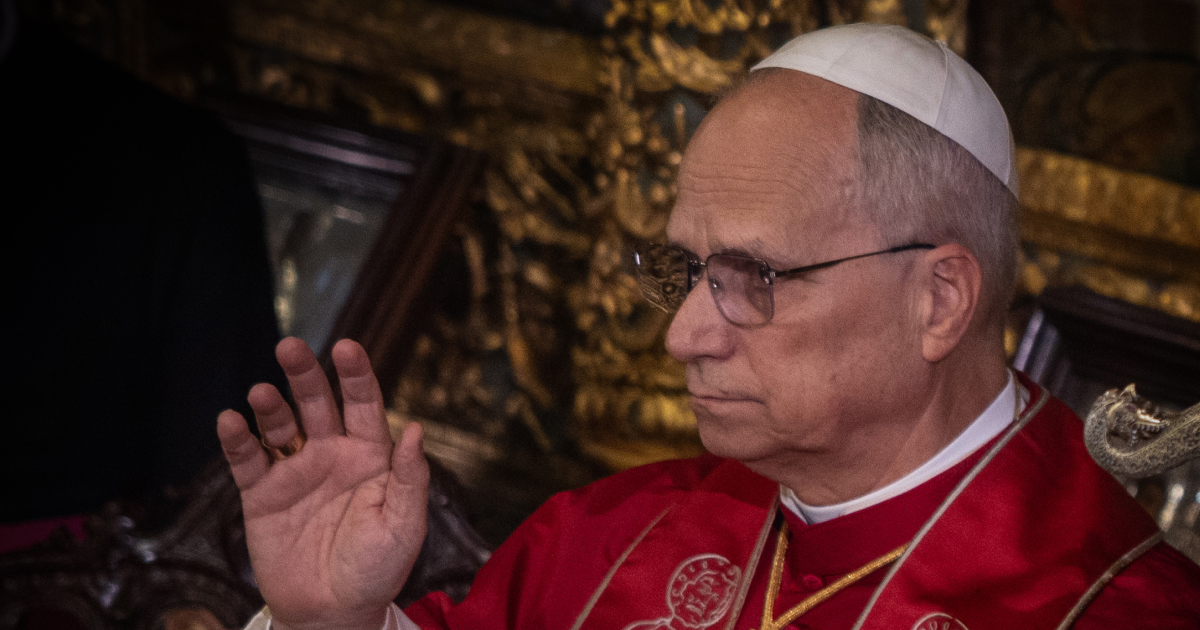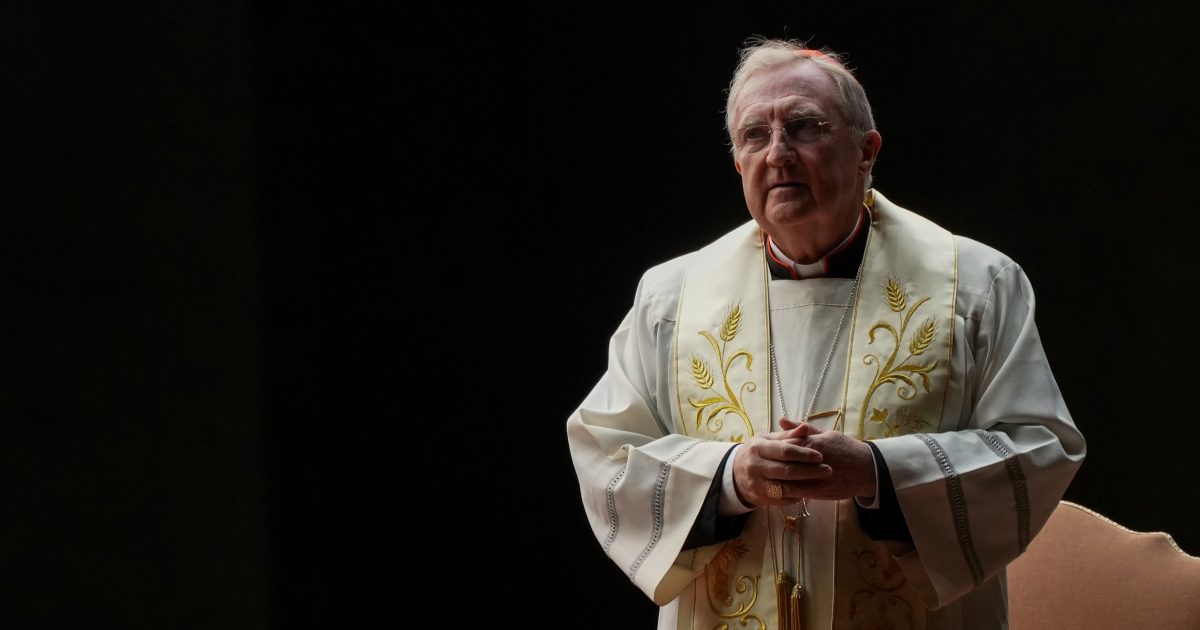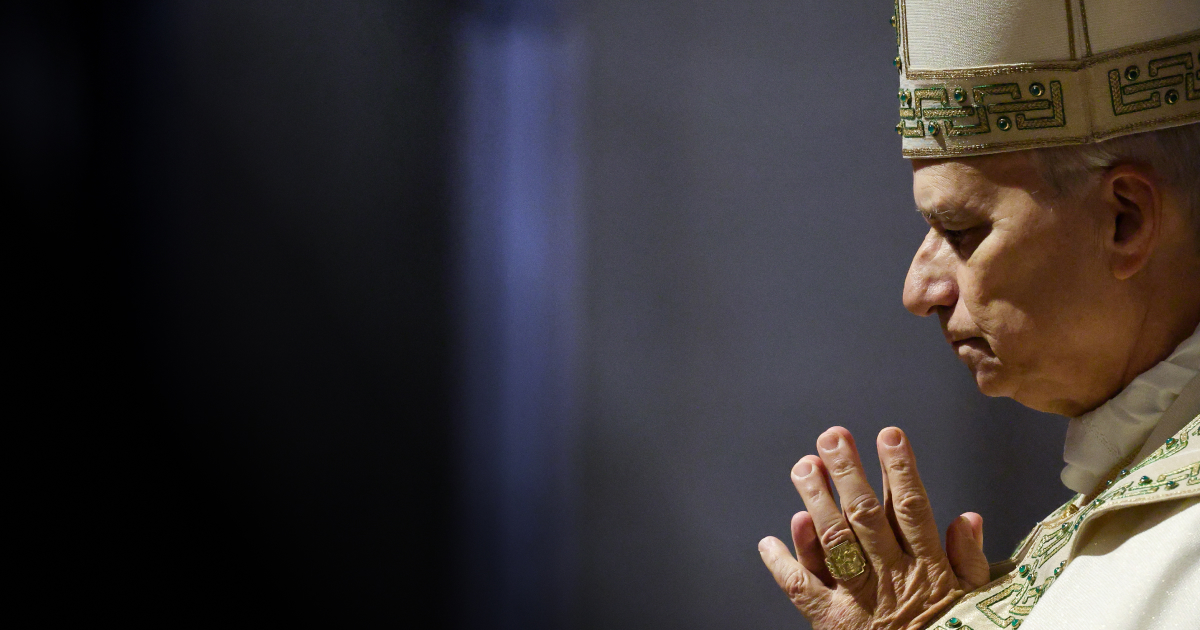Reconciliation with the Priestly Fraternity of St Pius X was a priority for Pope Benedict XVI, according to his former private secretary, Archbishop Georg Gänswein.
In an interview with the German Catholic news site Die Tagespost on 25 September, the archbishop said the Pope, former Cardinal Joseph Ratzinger, pursued the cause “vigorously” throughout his papacy, though Gänswein admitted that, in the end, “efforts at reconciliation reached an impasse”.
The FSSPX, commonly known as SSPX, was established in 1970 by Archbishop Marcel Lefebvre, a French missionary and former Council Father at the Second Vatican Council.
Archbishop Lefebvre became a leading opponent of reforms introduced after the Council, particularly changes to the liturgy and to Catholic teaching on ecumenism and religious freedom.
In 1988, his decision to ordain four bishops without papal approval led to a rupture with Rome and the declaration of excommunications. Although Benedict XVI lifted the censures in 2009, the fraternity has continued to operate independently of normal Church structures, running seminaries, schools and chapels across the world.
Archbishop Gänswein said Benedict XVI sought to heal the divide by opening doctrinal discussions with the society, but mistrust persisted and theological divisions, especially over the interpretation of Vatican II, meant that no agreement could be reached.
He said he could not assess progress under the late Pope Francis. “However, nothing tangible has been achieved,” he explained. “As long as the substantial doctrinal issues remain unresolved, true reconciliation is a long way off.”
In the interview the archbishop also turned his attention to controversies faced by the present pontificate. He said that Pope Leo XIV had correctly described Fiducia Supplicans as a “controversial document” in a recent interview with Crux.
Published in December 2023 by the Dicastery for the Doctrine of the Faith, Fiducia Supplicans permitted non-liturgical blessings of couples in irregular situations, including blessing individuals in same-sex unions. Archbishop Gänswein said the document had “caused confusion and polarisation among the faithful worldwide”.
He further addressed the impact of Traditiones Custodes, the apostolic letter issued by Pope Francis in 2021 which restricted the celebration of the traditional Latin Mass. The measure was widely seen as a reversal of Benedict XVI’s Summorum Pontificum, which had given broader freedom to celebrate the older rite.
Archbishop Gänswein said the restrictions had inflicted “painful wounds within the Church” and called for urgent healing. He noted that a papal initiative to bring together both supporters and critics of the traditional liturgy offered a rare opportunity for dialogue.
Archbishop Gänswein has been a prominent figure in Rome for decades. He served Benedict XVI as private secretary from 2003 until the Pope’s death in 2022, and was also Prefect of the Papal Household under Pope Francis until last year.
Since his removal from the Papal Household he moved to the diplomatic side of the Holy See and now is the Apostolic Nuncio for Lithuania, Latvia and Estonia.
Photo: Archbishop Georg Gaenswein pays his respect to Pope Emeritus Benedict XVI as the former pontiff's body lies in state at St. Peter's Basilica in the Vatican, 3 January 2023. (Photo by ANDREAS SOLARO/AFP via Getty Images.)





